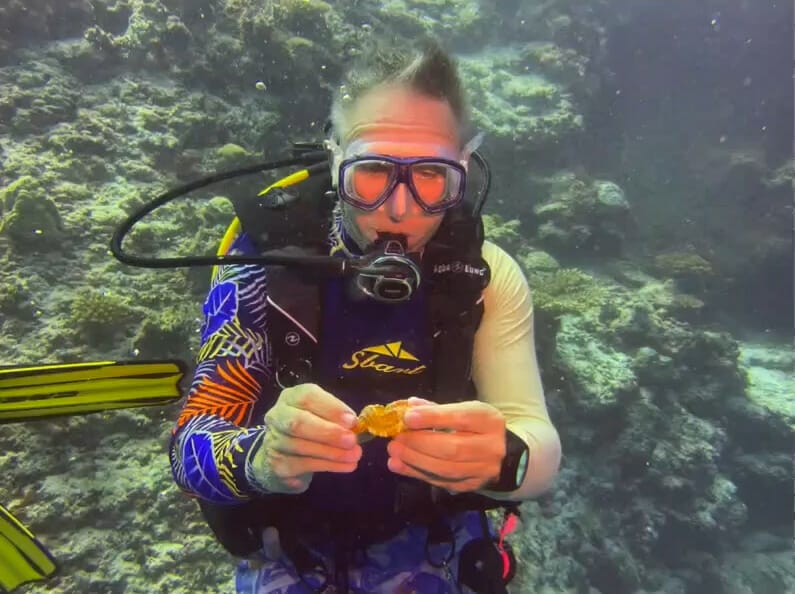Managing Type 1 Diabetes In Children
Having a child with diabetes can be complicated and feel isolating.
At the London Diabetes Centre we excel in providing care and support to parents of diabetic children. Click here to speak to a friendly expert today.
Managing type 1 diabetes in children
If your child has been diagnosed with type 1 diabetes, you’ll need to know what you can do to help manage their condition, allowing them to stay healthy and active. In this guide, we will cover the symptoms that could indicate your child has type 1 diabetes, before discussing how the condition can be treated and managed.
Symptoms of type 1 diabetes in children
What are the symptoms that could indicate your child has type 1 diabetes? Below we have listed some typical type 1 diabetes symptoms, which occur when the body attempts to reduce glucose levels in the blood:
- Frequent need to urinate – as the kidneys struggle to handle the excess glucose, the body will flush some of it out via urine. This leads to your child urinating more frequently and could cause bedwetting for children who have been toilet trained
- Thirst – with the need to urinate more frequently comes thirst. Your child may feel constantly parched
- Weight loss – if your child has diabetes, their insulin deficiency can prevent the conversion of glucose into energy. This has the knock-on effect of causing the body to burn fat and muscle for energy, which leads to weight loss
- Fatigue – your child may appear to be unusually tired throughout the day. This can be due to insulin hormone deficiency or insulin resistance that is preventing energy from reaching the cells, making your child feel fatigued
Other signs and symptoms you may come across which could indicate type 1 diabetes are:
- Intense hunger – when your child’s body isn’t able to sufficiently convert all of his or her food into fuel for the body, causing an energy drop
- Fruity breath – due to the build-up of ketones (a type of acid) when the body starts to burn fat
- Behavioural changes – which can be the result of blood sugar level fluctuations
If you think your child might have diabetes, you should take them to the hospital immediately for an assessment. There are several blood tests and a urine test that can be required to determine if your child has type 1 diabetes.
Type 1 diabetes treatment
The treatment for type 1 diabetes is the same for both children and adults. As part of diabetes management, you will need to test your child regularly in order to check their blood sugar levels. This is done using a blood glucose meter which comes with a finger pricking device, lancets and testing strips. You will be provided with this equipment, and can pick up regular supplies from your GP.
If your child has type 1 diabetes, they will need treatment with insulin for the rest of their life. The types of insulin available include:
- Rapid-acting insulin, which starts to work within 15 minutes
- Short-acting insulin, which starts to work within 30 minutes
- Intermediate-acting insulin, which starts to work within one to three hours
- Long-or ultra-long-acting insulin, which can last for up to 40 hours
Your child will be administered insulin via injection with a fine needle or insulin pen, or via an insulin pump. Monitoring blood sugar levels and administering insulin are two essential parts of diabetes management. Your child’s diet and exercise are also hugely important to living well with type 1 diabetes, and we’ll cover these considerations in the sections below.
To find out more, we recommend visiting our insulin pump education for children on-page.
Type 1 diabetes diet
It is imperative that your child adopts a balanced diet as early as possible once diagnosed with type 1 diabetes. As part of his or her diabetes weight management, you would typically meet with a dietician who will help to create a meal plan.
In general, foods with a low glycemic load are better for children with diabetes, as they do not raise blood sugar significantly. Close attention should be paid to meal timing. If your child has type 1 diabetes, their meals must be matched with insulin doses, as eating late or skipping a meal can put him or her at risk of hypoglycemia (low blood sugar).
Among the foods which are suited to a type 1 diabetic diet are:
- Whole wheat
- Brown rice
- Vegetables
- Fruits
- Beans
- Oatmeal
- Lean meats
- Fish
- Tofu
- Seeds
- Nuts
- Lentils
Among the foods which should be avoided in type 1 diabetic diet are:
- Foods containing processed or refined sugar
- Sweet fizzy drinks
- Crisps
- Pastries
- White pasta
- Foods containing trans-fats
The Mediterranean diet – which contains plenty of fresh vegetables, olive oil, nuts and oily fish – is often cited as a sensible model for a type 1 diabetic diet.
Type 1 diabetes and exercise
If your child has type 1 diabetes, physical activity should be an important part of their routine. Exercise can help children with diabetes as it assists the body in using insulin better, giving your child energy, lowering their cholesterol, reducing the risk of illnesses like heart disease, and helping with weight loss.
You should aim to ensure that your child gets at least an hour of physical activity every day. You should be checking your child’s blood sugar levels more frequently after they try a new activity or sport for the first time so that you can see how their body reacts. Because physical activity can affect blood sugar levels, you might have to alter your child’s insulin dose time or meal plan accordingly.
Whether your child walks, jogs, cycles, swims, or plays a sport, it is vital that they eat the right foods before they exercise, such as a healthy, slow-burning carbohydrate. This can be key to avoiding blood sugar fluctuations. Why not exercise with your child? This can be one of the best ways to make sure they are getting their hour a day.
A combination of regular exercise, eating the right foods, and getting enough sleep is integral in managing type 1 diabetes in your child; helping to build a healthier future for them.



